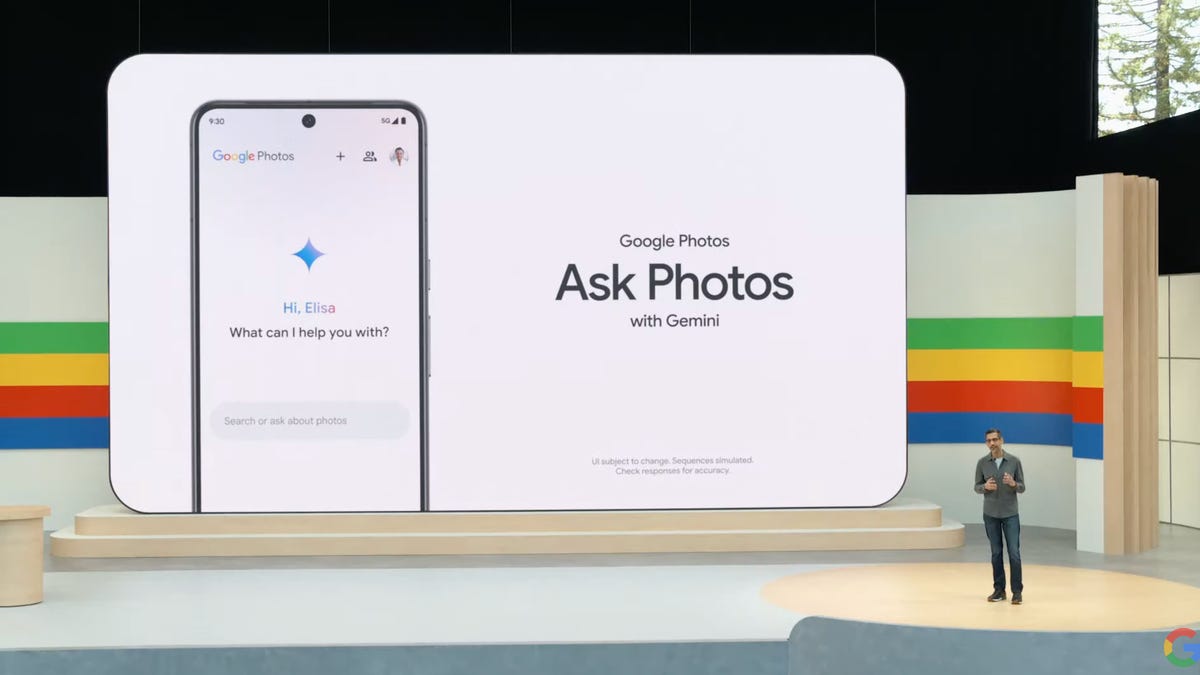Google Photos' Conversational Editing Disabled in Texas and Illinois Over Biometric Regulations

Key Points
- Google Photos' Conversational Editing lets users edit images via voice or text prompts.
- The feature depends on the Face Groups function, which creates facial geometry models.
- Texas and Illinois have biometric privacy laws that restrict collection and storage of facial data.
- Illinois' BIPA and Texas' CUBI have led to prior lawsuits and settlements with Google.
- To comply, Google disabled Conversational Editing in the two states while keeping it active elsewhere.
- The Gemini app still offers conversational editing without requiring Face Groups.
- The situation underscores growing legal scrutiny of biometric data across the tech industry.
Google Photos' new Conversational Editing feature, which lets users edit images via voice or typed prompts, is unavailable to users in Texas and Illinois. The restriction stems from state biometric privacy laws that limit the collection and storage of facial geometry data required by the feature's companion Face Groups function. Both states have previously sued Google over biometric data practices, leading the company to disable the feature in those regions while keeping it active elsewhere in the United States.
Feature Overview
Google introduced Conversational Editing in its Photos app, allowing users to modify pictures by speaking commands or typing prompts. The feature debuted on the Pixel 10 series and later expanded to eligible Android and iOS devices across the United States.
Regional Availability Gap
Despite a broad rollout, the feature is not accessible to residents of Texas and Illinois. Google’s help center notes that the feature is "not available in all regions at this time," without specifying which regions are excluded.
Legal Reason for the Exclusion
The limitation is linked to state biometric privacy statutes. Conversational Editing relies on the Face Groups feature, which creates facial geometry models to group similar faces. Both Texas and Illinois laws restrict how biometric identifiers such as face geometry or voiceprints can be stored, transmitted, or retained.
State Laws and Prior Litigation
Illinois’ Biometric Information Privacy Act (BIPA) is regarded as a stringent privacy framework, granting individuals the right to sue for violations. Google settled a $100 million lawsuit related to Face Groups in Illinois in 2022. Texas’ Capture or Use of Biometric Identifier Act (CUBI) allows the state attorney general to pursue violations, with fines up to $25,000 per breach. Texas also sued Google in 2022 over biometric data collection, a case settled in May 2025.
Compliance Decision
Given the ongoing nature of Face Groups—continuously analyzing new photos—the purpose of the biometric data does not expire, creating a compliance challenge under the state statutes. To avoid further legal risk, Google opted to disable Conversational Editing in the two states while keeping it functional elsewhere.
Alternative Options
The conversational editing capability remains available through the Gemini app, which does not depend on Face Groups and is accessible in Texas and Illinois.
Industry Context
Google is not alone in confronting biometric privacy legislation. Other tech firms, such as Meta, have faced lawsuits and settlements for similar issues, highlighting a broader industry focus on handling sensitive biometric data responsibly.